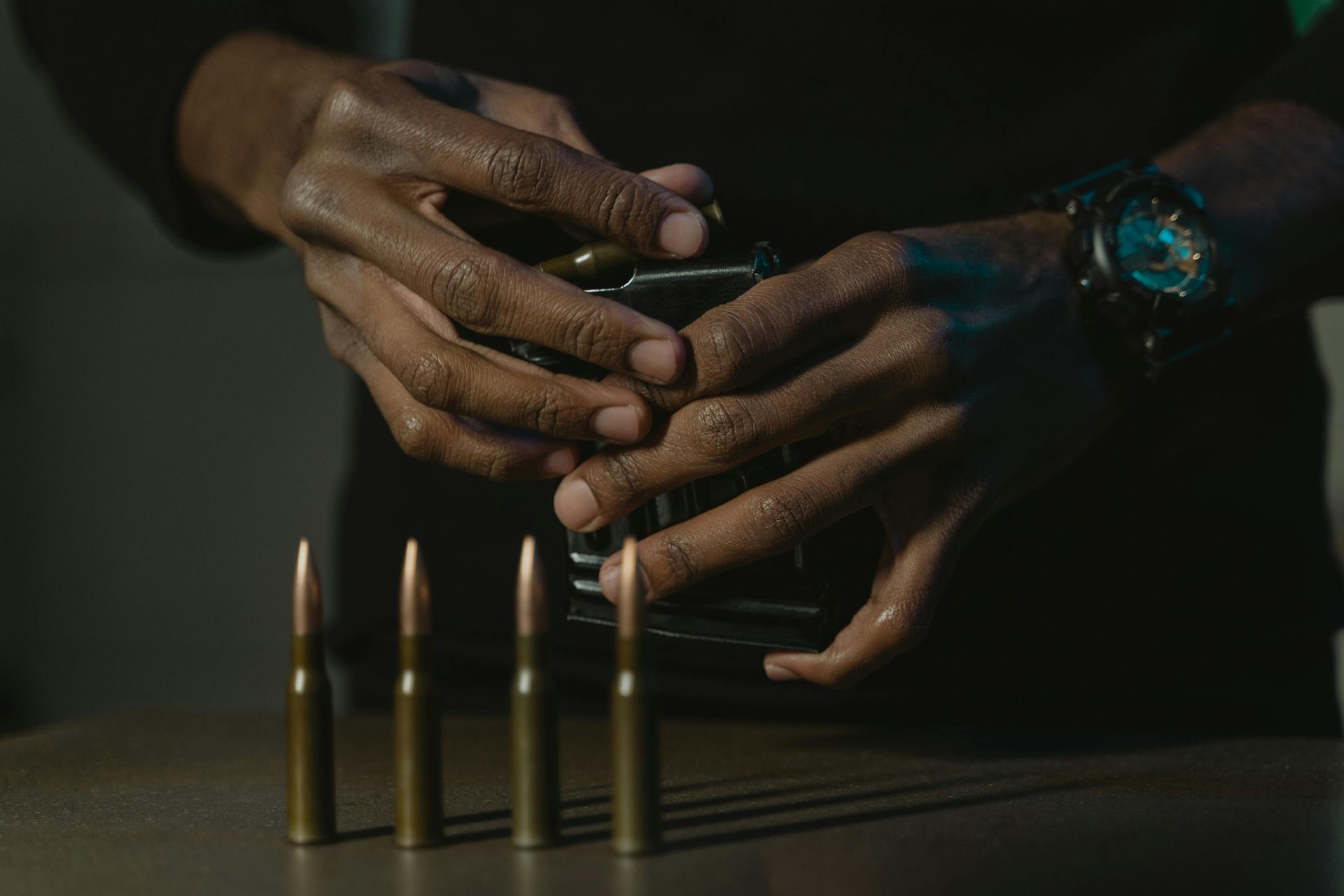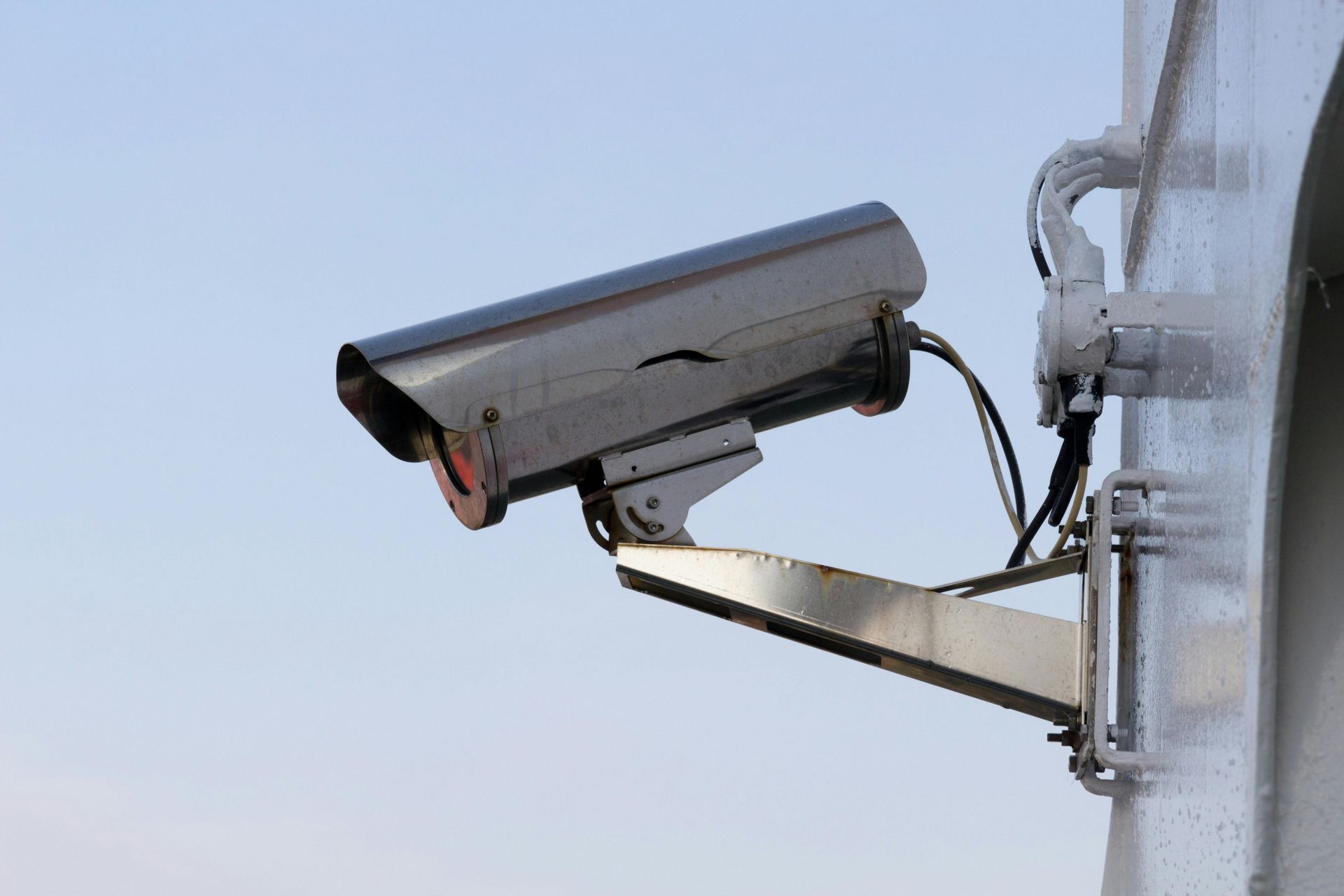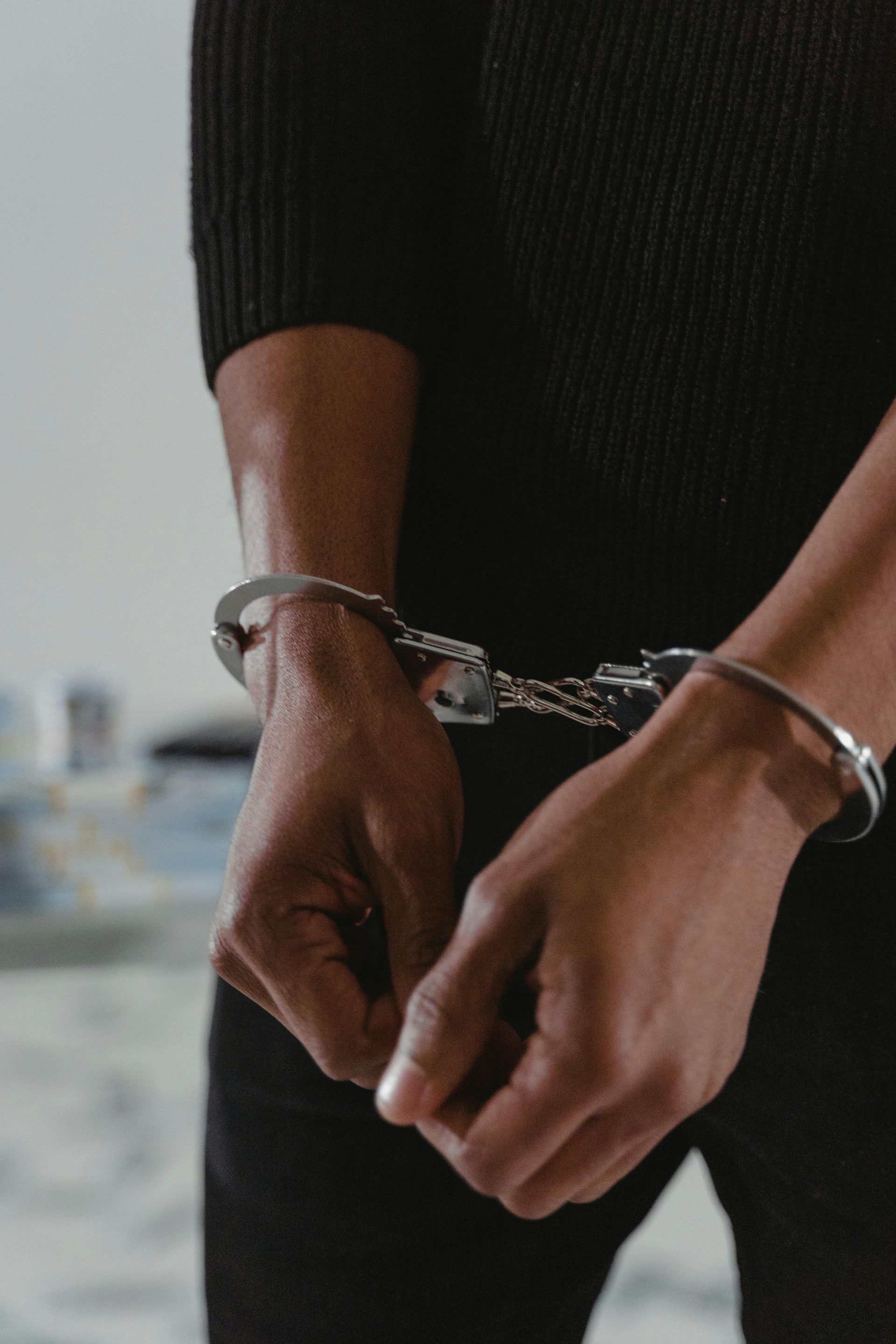Fierce Advocacy for Criminal Charges
Change of Venue in a Criminal Case
In the complicated world of criminal law, the concept of a "change of venue" is a crucial procedural mechanism that can significantly impact the outcome of a case. This legal procedure involves moving a trial to a different location within a jurisdiction to ensure a fair and impartial trial. But what exactly does this entail, and what is the process and requirements for requesting such a change?
As a criminal defense attorney at Law Office of Joseph M. Pacella, I am here to help you figure this out. If you or someone you care about is facing criminal charges and you think changing the venue could potentially benefit you, you might want to explore your options.
What Is “Venue” in a Criminal Case?
In legal terms, "venue" refers to the specific geographic location where a court case is tried. In criminal cases, the proper venue is typically the area where the alleged crime occurred. The significance of choosing the right venue lies in ensuring that the trial takes place in a location with appropriate jurisdiction over the case.
Venue is crucial because it can impact the fairness and impartiality of the proceedings. Factors like community sentiment and potential jury bias due to local media coverage are considered when determining venue suitability. It helps guarantee that the defendant receives a fair trial by being judged by a jury that has no pre-existing knowledge or opinions about the case.
Can the Venue for a Criminal Trial Be Changed?
Yes, the venue for a criminal trial can be changed. Defendants or their legal counsel can file a motion to request a change of venue if they believe the current location may jeopardize their right to a fair trial. It's crucial that the defense proves why an impartial trial cannot be conducted in the original venue.
The court will consider such requests seriously, but the burden of proving the necessity of a venue change lies with the defense, and it must be substantiated with compelling evidence and legal argumentation.
Common Reasons for Changing the Venue in a Criminal Case
There are several possible grounds to request a change of venue when facing criminal charges. Some of these reasons include:
- Pretrial publicity: Excessive media coverage can influence potential jurors, making it difficult to find an impartial jury.
- Improper venue: If the crime did not occur in the current venue, it may be grounds for a change.
- Community sentiment: Strong local opinions, whether in favor of or against the defendant, may necessitate a change.
- Interests of justice: Sometimes, the overall fairness of the trial demands a change, considering all circumstances.
- Convenience and safety: Logistical issues such as witness availability and security concerns can also justify moving a trial.
It’s crucial for the requesting party to present a strong justification, demonstrating how an impartial trial is impossible under current circumstances.
Why Your Request to Change Venue May Be Declined
Not every request to change venue will be granted. The court must be convinced that the reasons justify a move and that a fair trial cannot be achieved otherwise. A lack of compelling evidence or legal precedent might lead to a denial.
How to Request a Change of Venue in Massachusetts
To request a venue change in Massachusetts, the following steps are typically involved:
- File Motion for Change of Venue: This formal request to the court initiates the process.
- Affidavit of Prejudice: Include a sworn statement detailing why you believe a fair trial is not possible in the current venue.
- Supporting evidence: Provide documentation or testimony supporting your claims, such as media reports or expert opinions.
- Legal argument: Present a well-reasoned argument citing relevant laws and precedents to support your motion.
Once you file the motion and the necessary paperwork, the court will schedule a hearing to consider the motion. During this hearing:
- Defense presentation: The defense presents its arguments and evidence to demonstrate the need for a venue change.
- Prosecution’s response: The prosecution may counter the motion, arguing that a fair trial can indeed be held in the current venue.
- Judicial evaluation: The judge evaluates both sides, considering legal precedents and the evidence presented.
After the hearing, the judge will issue a ruling. If the motion is granted, a new venue will be chosen. The new venue is typically within the same jurisdiction but outside the area impacted by the prejudicial factors. Then, the court, prosecution, and defense will coordinate the logistics of moving the trial, including summoning jurors from the new venue.
Do You Need an Attorney to Change Venue in a Criminal Case?
While it's not legally required to have an attorney, it is highly advisable. An attorney can help craft a strong legal argument, gather necessary evidence, and increase the chances of a successful motion.
Given the role of venue in the outcome of a trial, having an attorney by your side ensures that your rights are thoroughly protected, and the best possible case is made for relocating the trial. Your attorney will be able to anticipate and counter potential objections from the prosecution, increasing the likelihood of a favorable decision.
Considering a Change of Venue? Let’s Talk About Your Options
If you think changing the venue could positively impact your chances of securing a favorable outcome, you need to determine if you have grounds to make such a request. As your criminal defense legal counsel, I can assess your circumstances and advise you on your options.
At Law Office of Joseph M. Pacella, I strive to ensure that the people I represent are treated fairly and protected from all potential injustices. Request your free consultation today to discuss whether you can change the venue in your criminal case.
Located in Springfield, Massachusetts, my firm serves clients throughout Western and Central Massachusetts, including Northampton, Westfield, Amherst, and Palmer.










